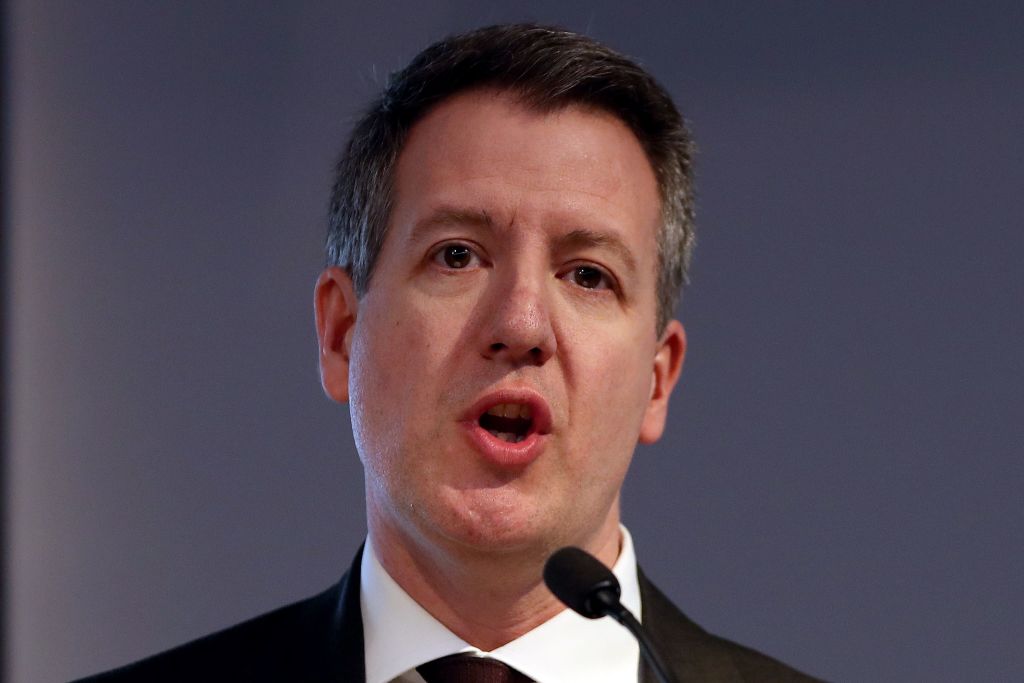First, a confession. Because I try not to spend too much time on Twitter, I sometimes miss “the story that everyone at Westminster is talking about” and struggle to keep up with village gossip. Worse, I lose track of the minor characters the ceaseless opera of poisonous soap, or fail to recognise them for what they are. For instance, I only recently discovered that Aaron Bastani is actually a real person and not, in fact, someone’s parody of something. Sorry.
Today on political Twitter, it seems that “everyone is talking” about Dr Bastani and Which? magazine, in the context of the new Independent Group of Labour MPs. Dr Bastani suggested that the new group is “Pro Which? Magazine” in a tweeted list of its other supposed crimes.
The reason for that appears to be that one TIG member, Chris Leslie, said in 2015 that Labour should make a better offer to voters as consumers, seeking to deliver an economy that gives them more clout and thus higher living standards:
“It’s the Which? magazine strata of society that somehow we just didn’t understand,” he says. “They’re not necessarily always struggling; they may be doing OK. But they do want to do better, and they do want their families to do better, and they are consumers who want to be able to get a good deal.”
It is not for me to guess why anyone would think that highlighting such an opinion would be harmful to the standing of Mr Leslie and his colleagues; no doubt Dr Bastani will have a thoughtful, consistent explanation to offer in due course.
But absent a convincing argument to the contrary, I have to say I think Mr Leslie is absolutely right and I hope that more politicians come to see that.
Which? is about consumer power. It exists to get its readers a better deal, to allow them to exert more power in the market, just as my friends at Citizens’ Advice do by offering legal and economic advice to the public, and by arguing for better regulation and stronger consumer policies.
Now, I’m probably biased because I run a think-tank that focusses a lot on consumer power and regulation, but I’m always surprised that more politicians don’t talk and do more about these issues. Away from Brexit, the “crisis of capitalism” debate is arguably the most pressing issue facing people in politics today: what sort of economy do we want? What is proper balance of power between the state, producers and consumers? How do we address the idea that consumers are being ripped off in a system rigged to favour big players? How do we get people the better deal and higher living standards Mr Leslie talked about in that 2015 interview?
I won’t go into too much depth about the sort of policies and ideas that are needed here, beyond saying that they should put much more emphasis on competition, offer a new and more nuanced role for economic regulators, and do a lot more to give consumers more buying power in markets and more information about markets, as well as greater opportunities to own things. Call it a stakeholder market, if you like. You can read more about it here.
Or you can read a pamphlet Mr Leslie wrote for my centrist, social market think-tank last year, which has a lot to say about consumers and competition and should be essential reading for anyone interested in the policy agenda of the TIG. (There’s also a lot of stuff in there about tax reform which deserves a good look too, not to mention some eye-catching thoughts on topics and diverse as social media anonymity and the reform of Oxbridge degrees.)
The point is that when he talks about Which? readers and consumer power, Mr Leslie is onto something, identifying a gap in the political market that could and should be usefully filled by anyone who wants Britain to keep an open market economy and the growth it generates. Which is why, painfully overshadowed by Brexit, bits of the Treasury, the business department and even No 10 Downing Street are toiling to come up with some new government policies to put more power in the hands of consumers.
This is not the time or place for me to make guesses about the consequences and future of the TIG for politics as a whole. All I will say here is that if Mr Leslie and his friends help to push Which? readers and the idea of consumer power further up the political agenda, they will do Britain’s politics and economy a service.







Comments